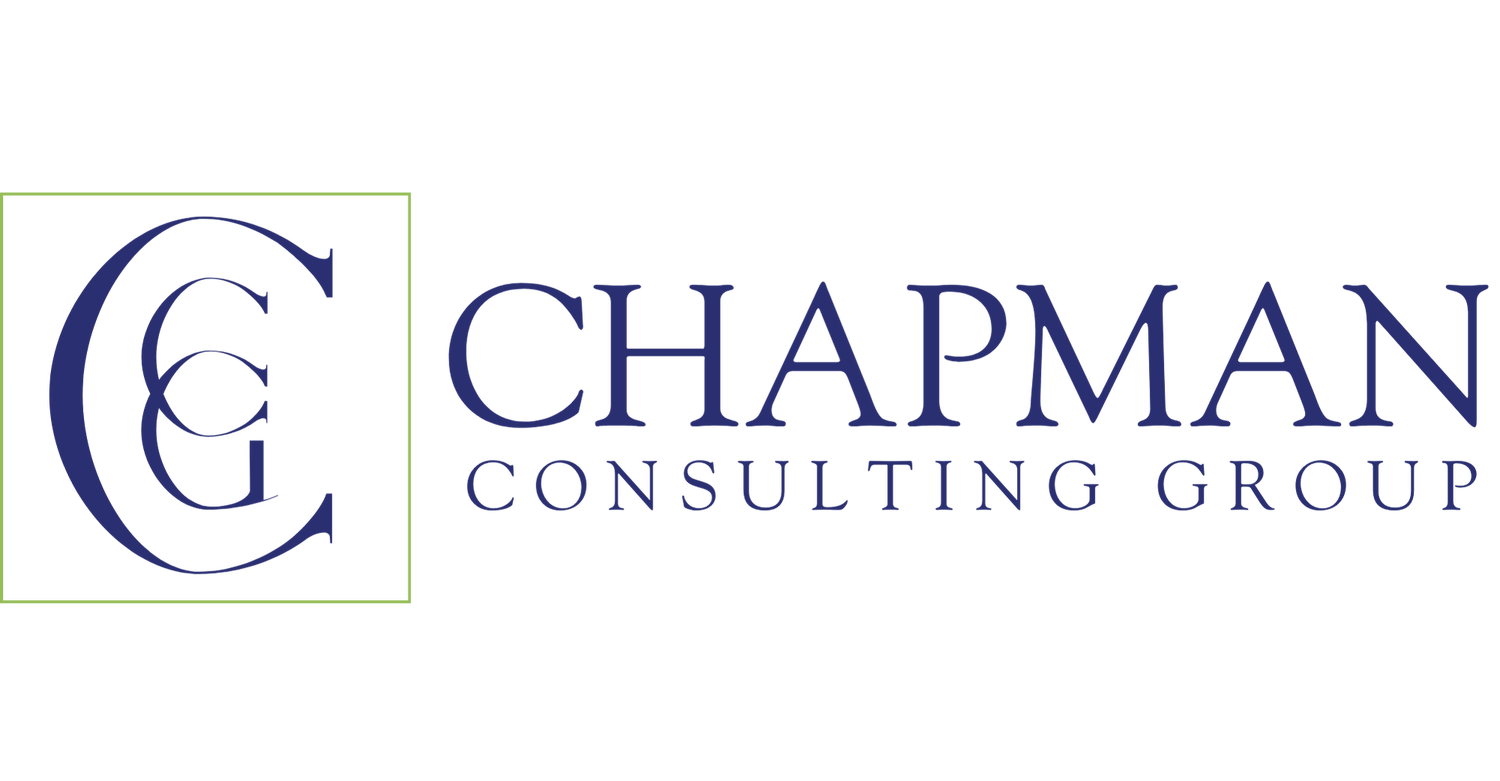Controlled Substance Compliance in Healthcare: A Guide
A brief overview describing how our compliance experts approach controlled substance compliance
Prescribing controlled substances is an essential component of healthcare management for various providers, including family practice doctors, pain management specialists, and internal medicine physicians. As these medications are prone to misuse and diversion, strict adherence to controlled substance compliance regulations is crucial. In this article, we delve deeper into controlled substance informed consent, controlled substance training, DEA controlled substance compliance, and patient evaluation and documentation. We will also discuss how CCG Healthcare can help providers ensure proper compliance when prescribing controlled substances and the importance of a comprehensive approach.
The Pillars of Controlled Substance Compliance
To achieve controlled substance compliance, healthcare providers must focus on four key aspects:
Controlled Substance Informed Consent
Controlled Substance Training
DEA Controlled Substance Compliance
Thorough Patient Evaluation and Documentation
In-Depth Look at Compliance Components
Controlled Substance Informed Consent:
Informed consent involves a transparent discussion between the healthcare provider and the patient regarding the prescribed medication's potential risks, benefits, and responsibilities. For controlled substances, the informed consent process should cover the following:
The purpose and expected benefits of the medication
Possible side effects and risks, including the potential for addiction
Safe use and storage guidelines, including proper disposal methods
The importance of not sharing medications with others
The provider's monitoring plan, including regular follow-ups and periodic drug testing if necessary
Potential consequences for non-compliance or misuse
Providers should obtain written consent from patients, which should be kept in the patient's medical record as documentation of this critical conversation.
Controlled Substance Training:
Ongoing education and training are essential for healthcare providers to stay updated on the latest controlled substance regulations and best practices. Training should cover the following topics:
Appropriate prescribing practices, including dosage selection and duration
Risk assessment and mitigation strategies
Identifying and managing patients with substance use disorders
Use of Prescription Drug Monitoring Programs (PDMPs)
Regulatory updates and changes to guidelines
By participating in regular training, providers can ensure they adhere to controlled substance compliance requirements and provide the best care for their patients.
DEA Controlled Substance Compliance:
Healthcare providers must comply with DEA regulations when prescribing controlled substances. Key aspects of DEA compliance include:
Registering with the DEA and maintaining an active registration
Accurate record-keeping of controlled substance prescriptions, including patient information, drug type, quantity, and refills
Reporting any lost or stolen prescriptions to the DEA
Implementing security measures to prevent unauthorized access, theft, and diversion, such as securing prescription pads and maintaining a secure drug storage area
Complying with federal and state regulations for prescribing and dispensing controlled substances
Thorough Patient Evaluation and Documentation:
Healthcare providers must carefully evaluate and document each patient's medical history, current condition, and potential risk factors for substance misuse. This process should include:
Reviewing the patient's medical history and identifying any history of substance use disorders
Assessing the patient's pain level, functional status, and quality of life
Checking the patient's PDMP data to identify any patterns of misuse or doctor-shopping
Performing a physical examination and considering any additional diagnostic tests
Developing a comprehensive treatment plan that considers both pharmacological and non-pharmacological approaches
Regular follow-ups should be conducted to assess the effectiveness and safety of the medication, and any changes to the treatment plan should be documented in the patient's record.
Partnering with CCG Healthcare for Compliance Success
CCG Healthcare provides comprehensive compliance solutions to help providers navigate the complex world of controlled substance compliance. By partnering with CCG Healthcare, physicians can access the following services:
Compliance Consultation: CCG Healthcare can assess current prescribing practices and develop a customized compliance plan to address any areas of concern.
Policy and Procedure Development: CCG Healthcare can assist in creating and implementing policies and procedures that meet controlled substance compliance requirements.
Controlled Substance Training: CCG Healthcare offers training programs to educate providers on the latest controlled substance regulations, best practices, and risk mitigation strategies.
Audit Support: CCG Healthcare can conduct periodic audits to ensure ongoing compliance with controlled substance regulations and identify areas for improvement.
Controlled substance compliance is vital to ensure patient safety and avoid legal consequences. By obtaining informed consent, participating in ongoing controlled substance training, adhering to DEA regulations, and thoroughly evaluating and documenting each patient's case, healthcare providers can mitigate risks and ensure proper compliance when prescribing controlled substances. CCG Healthcare is a valuable partner for providers seeking expert guidance and support in navigating the complex world of controlled substance compliance.
Don't leave controlled substance compliance to chance. Partner with CCG Healthcare to develop a comprehensive compliance strategy that protects your patients and your practice. Contact us today to learn more about our services and how we can help you achieve and maintain compliance in this critical area.
